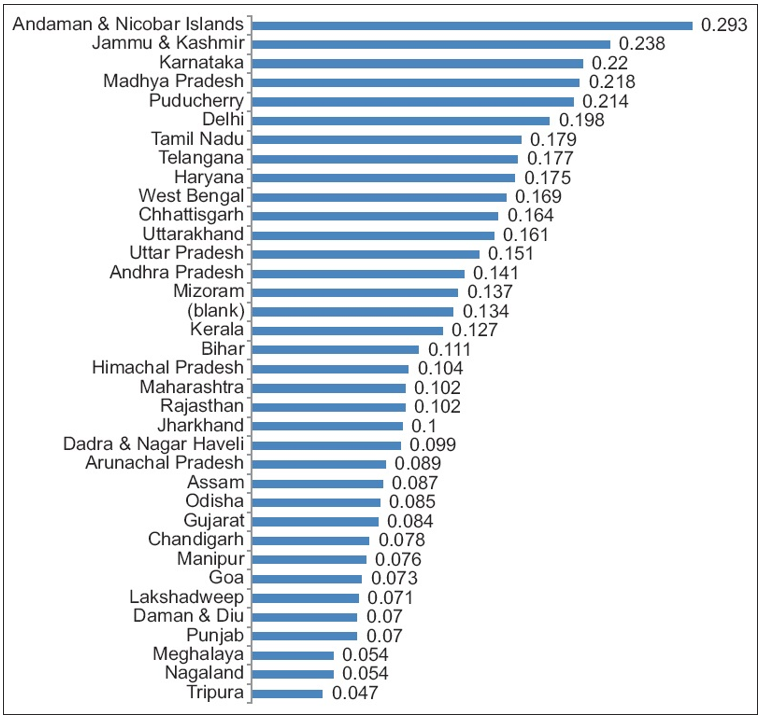Loneliness and Diabetes: How Social Isolation Raises Your Risk

Loneliness is a mental health problem that has been proven to have a significant impact on quality of life and health. This is a type of integration that often leads to reduced contact with others and a lack of social communication. This can lead to conflict and intentional separation.
Studies on Prevalence and correlates of loneliness in the later life published in Indian Journal of Psychiatry suggest that loneliness is a psychosocial problem that can affect anyone at any age in any circumstances, but it has become a serious issue of concern among the elderly1
A new meta-analysis based on data from 8 studies evaluating 11,686,677 patients without T2DM yielded the following key results2:
- Men living alone are more likely than women to develop diabetes.
- Being alone can be very isolating and can be associated with lack of motivation and increased stress.
- Stress affects the functioning of the hypothalamic-pituitary-adrenocortical axis, causing an increase in glucocorticoids.
- As a result, the sugar level rises and the blood sugar level increases.
- Mental stress also increases nervous system concentration, which is associated with increased blood sugar levels and glucose intolerance.
Also, being alone not only increases the risk of disease in society, but also increases the risk of diabetes and heart disease.
1. Srivastava P, Srivastava M. Indian J Psychiatry 2023; 65:914-21.
2. Huang J et al. Prim Care Diabetes. 2024 Feb;18(1):1-6.
Get a Call Back
Categories
- Diabetes
- Lifestyle Modification
- Social Isolation
- Loneliness
Health Blogs
The Benefits of Early Dinners: A Blend of Tradition and Science
The Benefits of Early Dinners: A Blend of Tradition and Science The Benefits of Early Dinners: A Blend of Tradition and Science In today’s fast-paced world, meal timing often
Kitchen Cures: Healing the Natural Way with Grandma’s Wisdom
Kitchen Cures: Healing the Natural Way with Grandma’s Wisdom Kitchen Cures: Healing the Natural Way with Grandma’s Wisdom Who doesn’t love quick, easy solutions to nagging he
Why Eating Nuts Before Meals is a Smart Choice
Why Eating Nuts Before Meals is a Smart Choice Why Eating Nuts Before Meals is a Smart Choice Adding a handful of nuts to the diet, especially before meals, can provide several hea
The Surprising Secret to Coffee’s Heart-Healthy Benefits: It is All About Timing
The Surprising Secret to Coffee’s Heart-Healthy Benefits: It is All About Timing The Surprising Secret to Coffee’s Heart-Healthy Benefits: It is All About Timing For many, the
5 Simple Morning Habits for a Healthier Start to the Year
5 Simple Morning Habits for a Healthier Start to the Year 5 Simple Morning Habits for a Healthier Start to the Year A new year offers a fresh opportunity to embrace healthier habit
Type 2 Diabetes and Mental Health: The Connection
Type 2 Diabetes and Mental Health: The Connection Type 2 Diabetes and Mental Health: The Connection Type 2 diabetes mellitus (T2DM) is a chronic condition affecting millions worldw
Is Sugar Really the Enemy? Unpacking Diabetes Myths
Is Sugar Really the Enemy? Unpacking Diabetes Myths Is Sugar Really the Enemy? Unpacking Diabetes Myths Diabetes is a growing public health concern worldwide, with type 2 diabetes
Tailoring the Dose of Exercise for Effective Glycemic Management in Type 2 Diabetes
Tailoring the Dose of Exercise for Effective Glycemic Management in Type 2 Diabetes Tailoring the Dose of Exercise for Effective Glycemic Management in Type 2 Diabetes Type 2 diabe
Ganesh Chaturthi and Diabetes: A Balancing Act
Ganesh Chaturthi and Diabetes: A Balancing Act Ganesh Chaturthi and Diabetes: A Balancing Act Ganesh Chaturthi, a vibrant and beloved Indian festival celebrated with great enthusia
Asthma in Children: Symptoms, Triggers, and Management
Asthma in Children: Symptoms, Triggers, and Management Asthma in Children: Symptoms, Triggers, and Management Asthma is a significant health concern among children in India, with i
Heart-Healthy Diet: Foods to Include and Avoid
Heart-Healthy Diet: Foods to Include and Avoid Heart-Healthy Diet: Foods to Include and Avoid India’s traditional diet is often heavy on carbohydrates, high-fat dairy product
Can I Donate Blood if I’m Diabetic?
Can I Donate Blood if I’m Diabetic? Can I Donate Blood if I’m Diabetic? If you’re diabetic, you may wonder whether you can donate blood. The good news is that inmany
Top Foods for Managing High Blood Pressure
Top Foods for Managing High Blood Pressure Top Foods for Managing High Blood Pressure High blood pressure is a common condition that affects millions of people worldwide. If left u
Loneliness and Diabetes: How Social Isolation Raises Your Risk
Loneliness and Diabetes: How Social Isolation Raises Your Risk Loneliness is a mental health problem that has been proven to have a significant impact on quality of life and health
Navigating Winter with Asthma in India: Tips for a Breath-Friendly Season
Navigating Winter with Asthma in India: Tips for a Breath-Friendly Season As winter sets in across India, individuals with asthma face unique challenges in managing their respirato
What is the optimal level of low-density lipoprotein (LDL) cholesterol for individuals living with heart disease?
What is the optimal level of low-density lipoprotein (LDL) cholesterol for individuals living with heart disease? LDL is considered as “bad” cholesterol as it accumulates in th
Diwali Delights: Navigating Healthy Celebration with 10 Essential Tips
Diwali Delights: Navigating Healthy Celebration with 10 Essential Tips Diwali, the festival of lights, is a time of joy, togetherness, and of course, indulgence in delicious sweets
Coping with COPD: Tips for Living Well with Chronic Obstructive Pulmonary Disease
Coping with COPD: Tips for Living Well with Chronic Obstructive Pulmonary Disease Chronic Obstructive Pulmonary Disease (COPD) is a chronic respiratory condition that can significa
How to live a healthy life after cancer?
How to live a healthy life after cancer? Cancer is definitely a debilitating disease that compromises our life’s quality and length of survival.The experience with cancer is uniq
Managing Glucose and Stress in Women with Type 2 Diabetes
Managing Glucose and Stress in Women with Type 2 Diabetes: The Power of Aerobic Exercise and Deep Breathing Diabetes is a type of metabolic disease. It has a strong connection with
Safe and Effective Exercises for Asthma Management
Safe and Effective Exercises for Asthma Management Safe and Effective Exercises for Asthma Management Asthma is a chronic lung condition that affects the airways, making it difficu
























